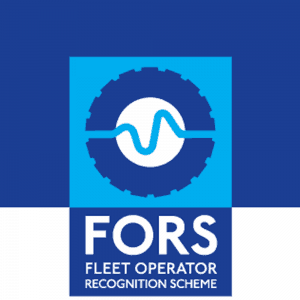Selecting the right fleet management software system and supplier can be a time-consuming and confusing task. As well as a vast number of packages and modules being available on the market, service levels and support also varies from supplier to supplier.
However, while this may seem an onerous task, taking on a new system tends to be the beginning of a long-term buyer-supplier relationship, so thorough market and product research is necessary.
The first step is to be clear on what you want the software to do. “Fleet managers need to understand what they want to get out of their fleet management software,” says John Pryor, chairman of fleet operators association ACFO. “And then they need to make sure it is compatible with the systems they already have.”
Maurice Elford, fleet manager of housing association L&Q, adds: “Is it for keeping records? Will you drive reports out of it? What do you want to record on it?
“We upload our fuel data, maintenance; we have everything in one place.”
The increasing number of sources of data such as telematics, online licence-checking services and fuel cards, may mean managers require their software packages to accept information from many places.
In addition, those running a large fleet may need customisable tools that allow them to create workflows, approval processes, key performance indicators (KPIs), and the like, and that can be developed to respond to the growth or changes in the fleet, company or industry.
Highlighting specific requirements can also often lead to a supplier creating specific functions. For example, North Yorkshire Police worked with Civica to develop a module to increase the usage of under-utilised vehicles. They were re-classed as pool cars, making them available to anyone in the force.
This enabled the organisation to save £33,000 in the first 12 months of the initiative and cut CO2 through reducing the use of higher-emitting grey fleet vehicles.
Drive Software Solutions often sees large fleets, its specialism, using the wrong type of system for their needs. “Again and again we have found myriad systems from multiple software providers being run in parallel,” says Simon West-Oliver, sales and marketing director at Drive Software Solutions.
“For the most part, none of these systems were designed with anything other than a single function in mind, much less integrating with others. So fleets end up having multiple repositories of customer and vehicle data – and that’s where expensive mistakes start to happen.”
Key to success in finalising specification is to involve all parties who may use or rub shoulders with the software: drivers, finance, HR and more.
Read the full story on Fleet News







